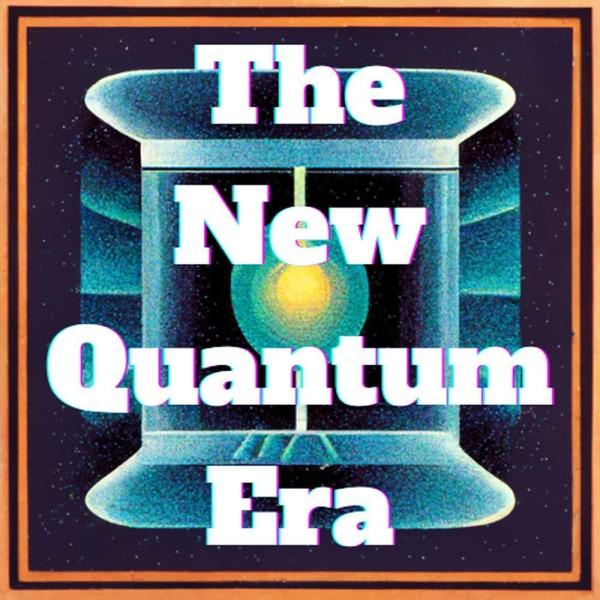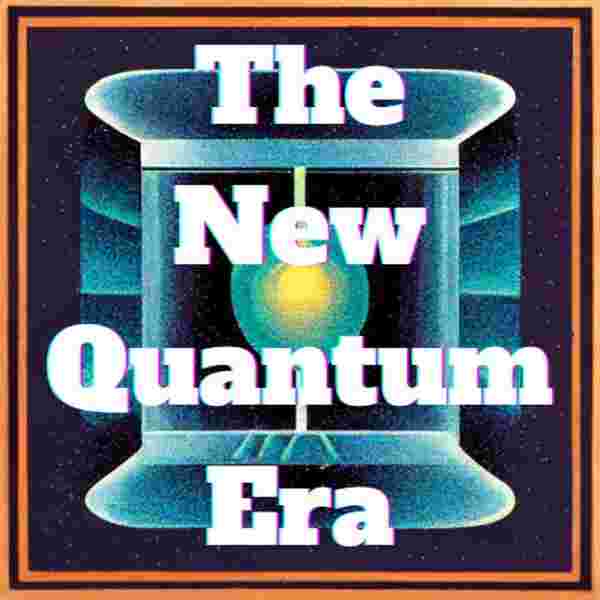This episode of The New Quantum Era podcast, your host, Sebastian Hassinger, has a conversation with Dr. Charlotte Bøttcher, Assistant Professor, Stanford University. Dr. Bøttcher is an experimental physicist working with superconducting quantum devices, and shares with us her areas of focus and perspective on this critical area of materials research for quantum information science and technology.
Episode Highlights
- Meet Dr. Charlotte Bøttcher: Dr. Bøttcher shares her journey from Harvard (PhD) and Yale (postdoc with Michel Devoret) to launching her own experimental quantum materials group at Stanford. She discusses the excitement (and challenges) of building a new research lab from scratch.
- Hybrid Quantum Material Systems: The heart of the conversation centers on hybrid systems combining superconductors (aluminum) with semiconductors (indium arsenide). These materials pave the way for:
- Tunable and switchable superconductivity—the foundation for switchable quantum devices and potential advances in quantum information technology.
- Probing unconventional and topological superconductors, with implications for fundamental physics and exotic quantum states.
- Applications in Quantum Computing:
- Superconductivity plays a crucial role not only in qubits themselves but also in creating tunable couplers between qubits, allowing for controlled entanglement and reduced crosstalk.
- High-Tc superconductors (those with high critical temperatures) are discussed, including their complex, often disordered behavior—and their challenges and potential in qubit applications.
- Quantum Simulation and Sensing: Dr. Bøttcher describes her group’s efforts to use devices for simulating complex many-body quantum systems, including both bosonic and fermionic Hamiltonians. Quantum devices are also used for quantum sensing—detecting magnetic fields, charge, or collective modes in exotic materials (such as uranium-based superconductors).
- Controlling Disorder: The episode explores how adjusting electron carrier density can expose or screen disorder in materials, enabling the study of its effects on quantum properties.
- Building a New Lab: Charlotte highlights the rewarding process of establishing her own experimental lab and mentoring the next generation of quantum scientists.
- Fundamental Science vs. Application: Dr. Bøttcher emphasizes the synergy between foundational quantum research and technological development—the pursuit of basic understanding feeds directly into better qubits and devices, which in turn open new avenues for exploring quantum phenomena.
- Future Directions: Looking ahead, her group aims to develop new superconducting qubits capable of operating at higher temperatures and frequencies, expand their quantum simulation platforms, and continue collaborations with Yale and others. The quest for phenomena like Majorana fermions and the exploration of topological phases remain part of her group’s broader experimental frontier.
Key Quotes
“Combining superconductors and semiconductors gives us not just new functionality for quantum technology but also lets us explore fundamental questions about exotic states of matter.” – Charlotte Bøttcher
“Building a lab from scratch is a lot of work, but every day is exciting. Working with students and starting new experiments is incredibly rewarding.” – Charlotte Bøttcher
Tune in for a deep dive into hybrid materials, quantum simulation, and the inner workings of a cutting-edge quantum materials lab at Stanford!
For more episodes: Visit newquantumera.com
Thanks to the American Physical Society (APS) for supporting this episode.

